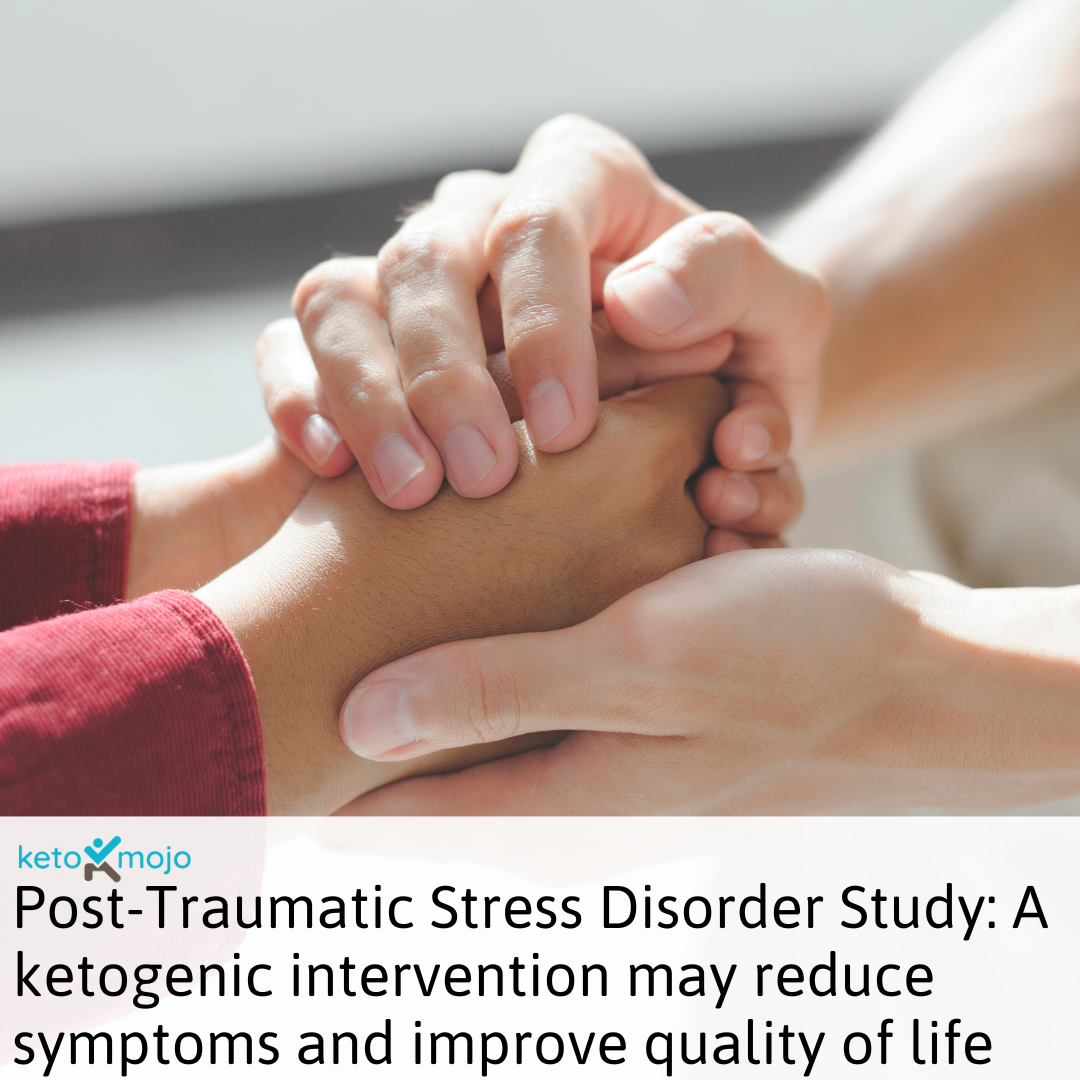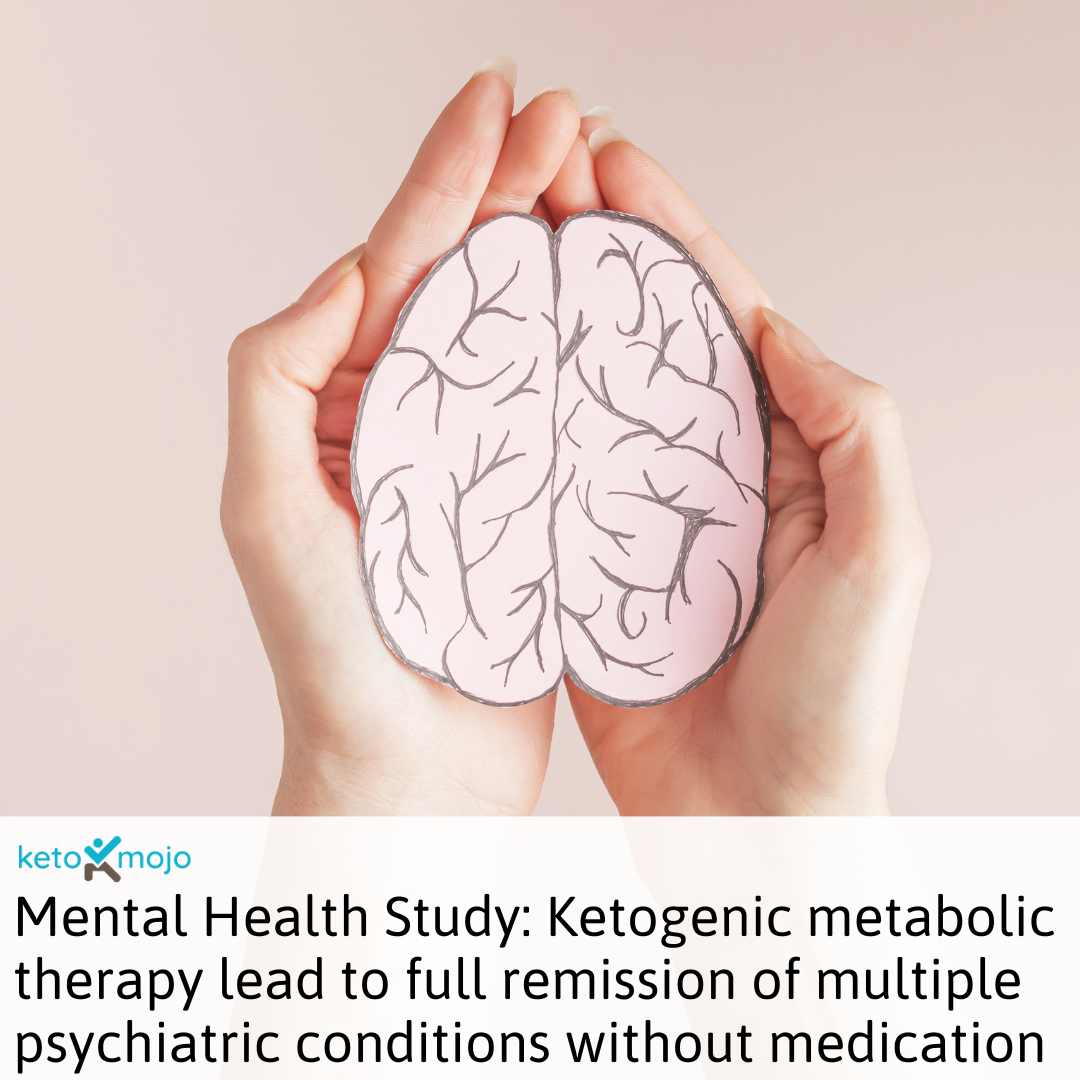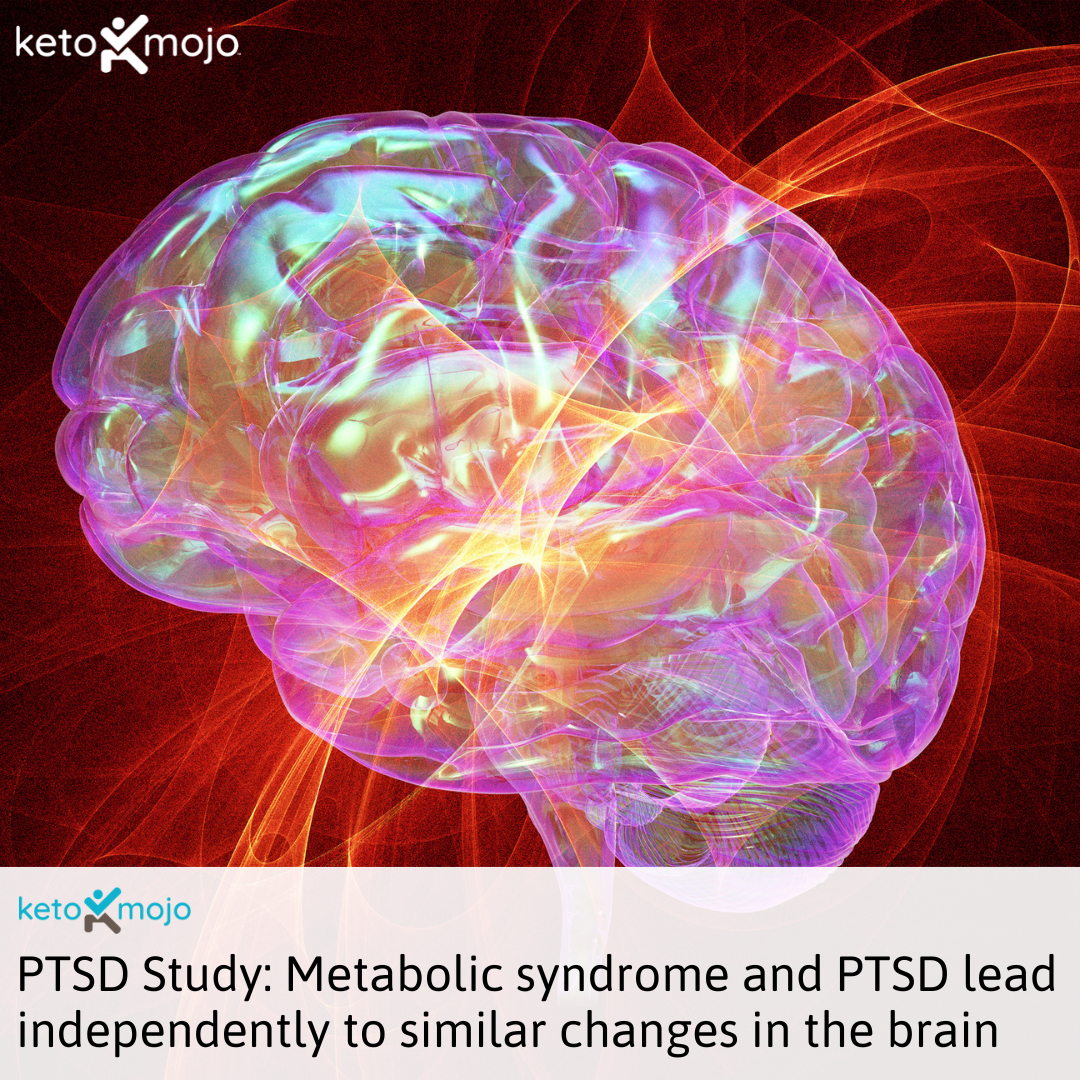Psychiatric Disorders
Exploring diet-induced ketosis with exogenous ketone supplementation as a potential intervention in post-traumatic stress disorder: a feasibility study

Post-Traumatic Stress Disorder (PTSD) is a complex mental health condition often accompanied by metabolic dysfunction. Current treatments, such as psychotherapy and medications, have limited effectiveness for some patients.
This feasibility study explored the potential of a 4-week ketogenic diet supplemented with exogenous ketones (KD-KS) as a dietary intervention for adults with PTSD. The study focused on ketosis maintenance, side effects, and acceptance. Three of four eligible patients were recruited, with two completing the full intervention.
Key Findings:
- Achieving and Maintaining Ketosis: All participants reached ketosis (BHB ≥ 0.5 mmol/L) within the first two days, and ketosis was maintained for 87% of the intervention period.
- Adverse Reactions: No serious adverse reactions were reported, though mild to moderate side effects (e.g., headache, fatigue) were reported on 70% of intervention days.
- PTSD Symptoms: The PTSD Checklist (PCL-5) scores decreased by 20 points (from 70 to 50) and 10 points (from 50 to 40) in two patients over the 4-week period, indicating clinically significant improvements.
- Quality of Life (QoL): Improvement was observed across multiple QoL subscales, with six of eight subscales improving for one patient and three for another.
This pilot study is the first to investigate a ketogenic intervention for people with PTSD, showing rapid attainment of ketosis, patient compliance, and potential improvements in PTSD symptoms and QoL. While these findings are promising, further studies with larger sample sizes must confirm feasibility, safety, and efficacy before larger clinical trials.





